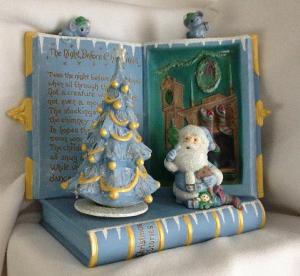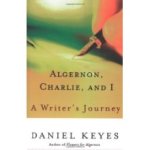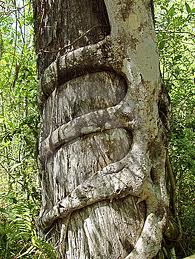What names have you given your characters? Do they fit the growth the characters undergo during the course of the story? What emotional reaction do you hope for from your readers? A character’s name, especially for the hero and villain, is a way to offer a hint at characterization with a single word. The name needs to fit the character’s personality. What character traits does the name “Wiloughby” conjure? What about Augustus or Samson? We can paint a strong or wimpy character with his or her name. This name can make the reader like (or dislike in the case of antagonists) that character. We want the reader to root for the protagonist and boo the antagonist.
More than simply a name that fits, it needs to be a name the character can grow into (remember that characters need to undergo growth during the course of a story). Do you have a hero with a weak name? How will the reader believe that the main character is capable of great things (especially if he acts wishy-washy and his name reflects those traits)?
I have a character in a dark paranormal/fantasy story named Constance. I wanted an old fashioned, family name, one that she felt weighed her down, made her stand out. I wanted her to possibly be teased because of it. Her father calls her “Stancy” a nickname that is also as old as that family name. Her roommate calls her “Con” for short—and these nicknames are as important as the principle name. As the story unfolds, it’s clear she is not all that stable (look at the “old” family history she’s been straddled with) and “Con” fits her perfectly. In this story, the main character (protagonist) is not endearing or likable, but she has redeeming qualities. I want the reader to see and hope that she can change—both her actions and her attitude.
After explaining this to a writing client I’m coaching, he says, “This is ridiculous. It’s just a name. You really expect me to believe you put that much thought into all these little details, especially just a name?”
“Yes!” I say. Especially names. Names are as important for characters as they are for real people. Why else do people repeat the name of a person she’s just met (to ensure she’s heard correctly)? Why do we correct a misstep? “It’s Lisa, not Linda.” Because names matter!
Names have meanings. You can use baby naming dictionaries or lists to help in selecting a name that fits a character’s personality. Keep in mind that when writing historical fiction, fantasy, or science fiction, the name of characters can offer a sense that this is not the reader’s current time and place. Again, looking at baby naming lists or The Character-Naming Sourcebook by Sherrilyn Kenyon (Writer’s Digest Books) to find origins of names and nicknames is very helpful. Sometimes spelling the name “phonetically” can aid the reader and establish a “genre.” In a writing workshop I led, I asked participants to pass their story excerpt to the person next to them. This person read the story aloud during the critique half. (It’s a great way to hear excessively long or awkwardly phrased sentences in your own work.) One woman became agitated when her work was read. “It’s not Steven!” she said. “The character’s name if Stef-AHN.”
“But it’s spelled S-t-e-v-e-n,” I said. “Reader’s will pronounce it like the name they are familiar with.”
“But that’s not his name! How do I make the reader pronounce it the way I want?”
We discussed options, and since this was a fantasy, I convinced her it would be okay to spell it S-t-e-f-a-h-n so the reader would likely pronounce it as she intended. In the case of fantasy, an alternate spelling like this also helps the reader paint a “different world” setting.
While we are not sitting on the shoulders of our readers to “guide” them through interpreting our stories as we intended them, we can help the reader along, providing clues to characters’ personalities with a single word—their names.









